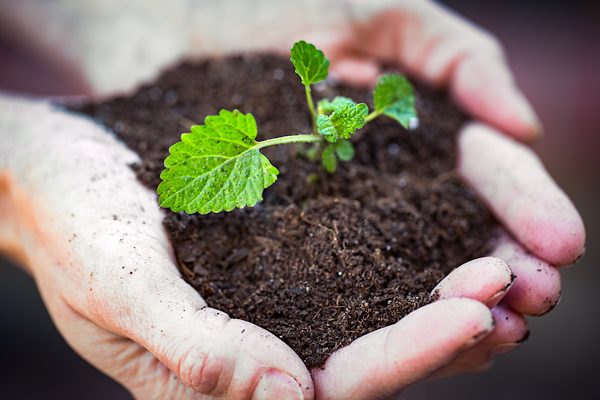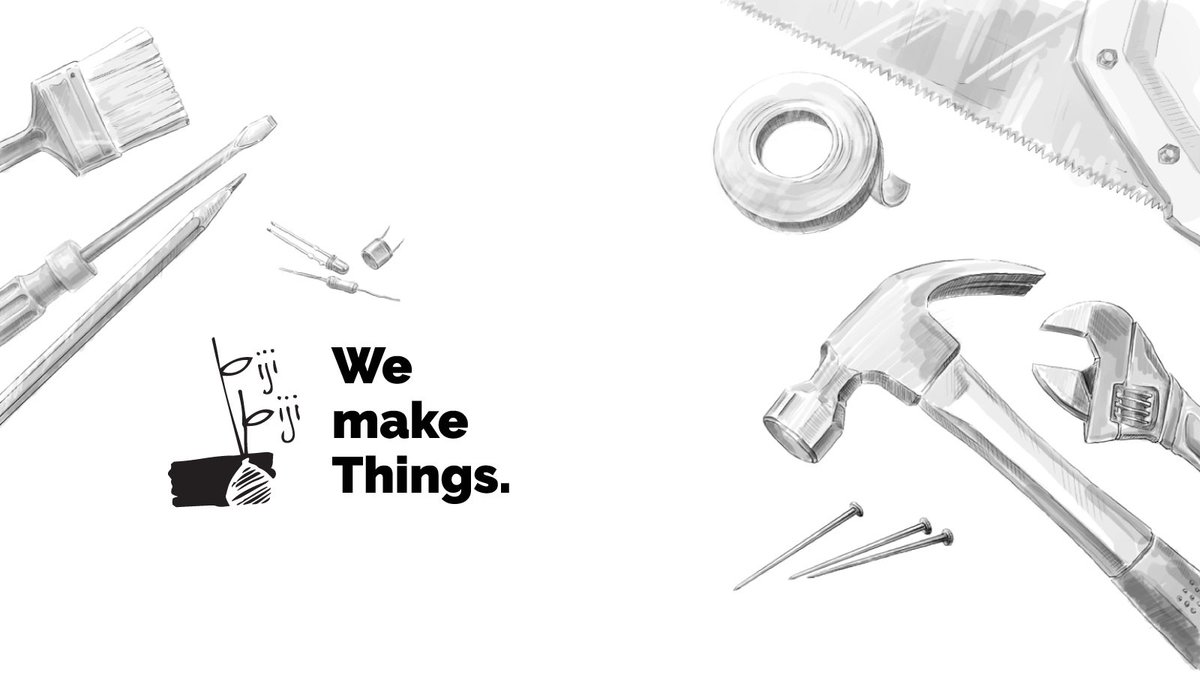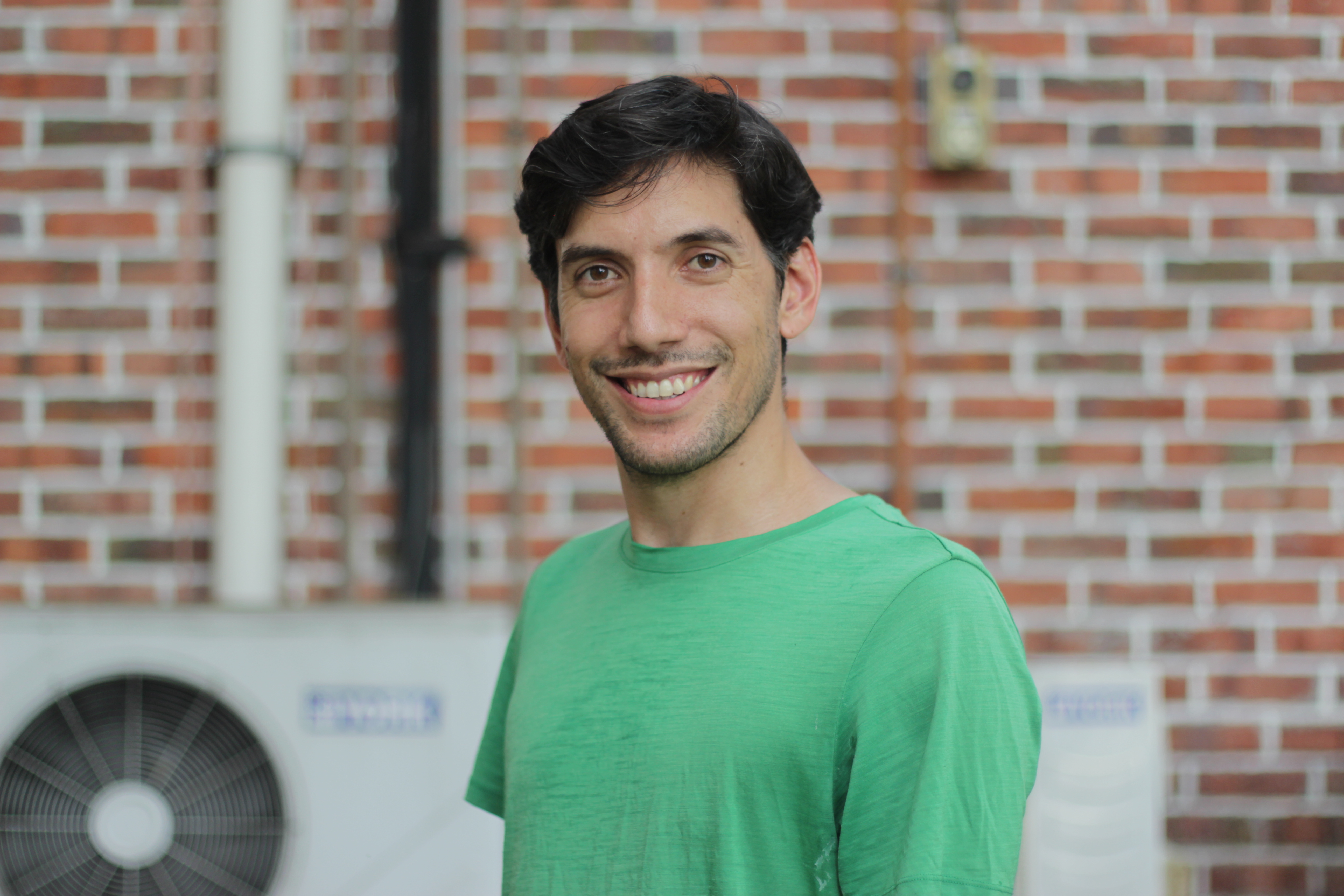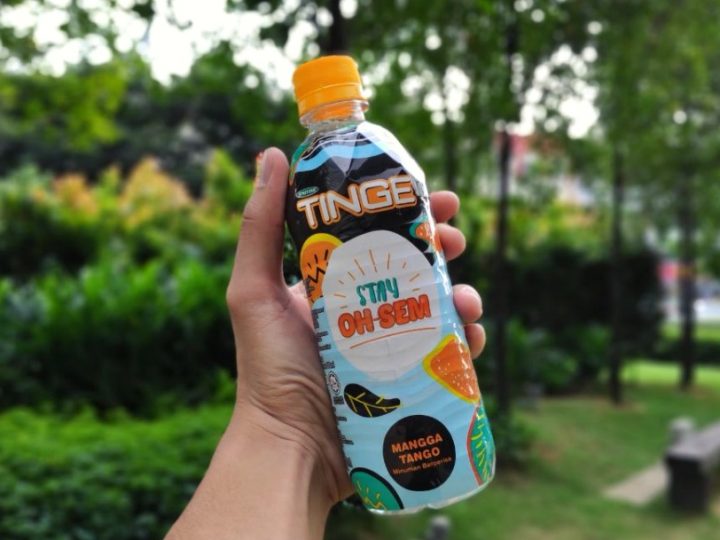Sow Your ‘Biji-Biji’ Today: 9 Ways to Sustainable Living
 Thirsty for JUICE content? Quench your cravings on our Instagram, TikTok and WhatsApp
Thirsty for JUICE content? Quench your cravings on our Instagram, TikTok and WhatsApp
,
Sustainable living is THE new buzzword, as us Asian tigers slowly but surely waking up to the call of a better, greener lifestyle. Social media influencers and ambassadors are getting into the game as well by posting about #eatclean and #fitness. Those are some of the sexier hashtags, but what about the tags where we are one with Nature?
How can we as individuals live a more sustainable lifestyle? Do we discard the use of plastics straws even though we’re still sipping out of plastic cups? Or is it about fitness and the way we eat? Hashtag vegan hashtag meat is murder… just kidding…
We’re not entirely sure about the perfect way to do it, but there are definitely steps – be it little or big. We spoke to the people of Biji-Biji Initiative, a social enterprise that aims to spread awareness and ultimately get people to start living sustainably. This listicle includes their personal tips on sustainable living, so get ready for some new habits (and hashtags)!
#1

“Recycling is one way to get into the game, but more than recycling, we should really be talking about up-cycling which is what we do at Biji-biji Initiative. In fact, that is the very foundation that Biji-biji was built upon. We specialise in making new and cool things from your old stuff, and we do this with the purpose of extending the life cycle of your products. Why should our things become useless after such a short time? As the saying goes, “One man’s trash is another man’s treasure.”
– Rashvin Pal Singh, CEO (of Awesomeness) and Co-Founder of Biji-biji
#2

“There are some of the obvious ones like stop consuming single-use plastic, something that has been all over the news lately. But there are also some not-so-obvious tips such as practicing the art of being financially sustainable. I think what that basically equates to is living within your means. Spend responsibly and consume responsibly. For instance, a big help to our eco-system would be to stop the practice of consuming fast fashion. I know, I know, it’s super tempting to pay for cheap prices and convenience, but it must be said that the fashion industry is the second biggest polluter amongst all industries. Get into the habit of ‘slow’ fashion, and have fun hunting at thrift shops. Don’t support the hazardous practices of cheap labour that is so common in the fashion industry.”
– Nadzirah, Me.reka HQ Superstar
#3

“It’s important to source for local produce that are grown close to home, especially when it comes to food. Not only will that help sustain the local economy, it would also help you make smarter choices with your health and lifestyle. While this may be an expensive choice, it’s better for you in the long run. It’s also vital to know what types of hormones, antibiotics, pesticides and herbicides go into your food. It would also be good to consider how we dispose everyday products such as our facial cleansers, which contain microbeads that are harmful to marine life. The best option would be to buy natural and organic products that are locally made.”
– Allyson McAbee, Graphics and Film Extraordinare
#4

“We are so used to the idea that products bought in shops are better than any products we could make at home. The plethora of advertisements tempt us with this idea even more. It is time we stop thinking this way. It’s actually very simple to make basic masks for your hair and face at home. A spoon of honey and some fresh aloe vera makes your hair shiny and soft, plus it’s better for your hair compared to store-bought items. This also applies to household items; some baking soda and vinegar is all you need to have sparkling floors. Lastly, download this app called INCI Beauty – you can actually scan products you want to buy, and it will list out all the ingredients and tell you if they’re bad or not.”
– Sonia Benameur, Social Media Enthusiast
#5

“Companies need to start designing products that last longer, which will shift the culture of planned obsolescence that is so prevalent now, especially in the tech industry. How we operate now with our products is cradle to grave (which means that its used for a very short time before being discarded), we need to shift our thinking into creating products that are cradle to cradle (products that can be re-used or used for a very long time). It is encouraging to see companies like Motorola collaborate with IFixIt to sell official DIY Repair Kits to their customers. On an individual level, we need to start fixing and repairing our stuff instead of throwing them away and buying new stuff.”
– Rohan Ahmad, Engineering Maestro
#6

“From personal experience, it’s quite hard to explain sustainability to people from our parent’s generation, so I only recently became more sustainable when I moved out of my parent’s home. I have started buying my food in bulk, which you can do at places like Giant, Tesco Extra and some Aeon Big chains. Visit your local fresh or wet markets because you will sometimes find better products there, compared to supermarkets.”
– Mazreen Noordin, Sustainability Warrior
#7

“I didn’t know about sustainable fashion until I started working here, so now I’ve mostly stopped buying ‘fast fashion’ clothes. For me, finding out why fast fashion is harmful really helped to make my decisions. I now shop for pre-loved items and bundle buys where you can find clothes for as cheap as RM5. Knowing who makes your clothes really help as well. At a recent conference, we were asked why our sustainable products are so expensive (typical Malaysian question!). The person asking commented that they could get similar items for much cheaper in China. I proceeded to explain; while that may be true, the items are not necessarily better. For instance, do you know how many chemicals are used in the dyes to make your clothes? The awareness around this issue, I feel is still not there, but I believe it will get better.”
– Hannah Kamal, Ethical Fashion Mogul
#8

“Grow your own food. I started growing my own lemons, Brazilian spinach and rosemary, simply because it looks fun…and it is!”
– Chewi Ng, Fabulous Event Leader
#9

“Did you know that the technology behind Internet of Things is not just there to be cool? The technology used in these systems are meant to save energy; for instance, the censors created in smart homes are designed to shut off your power when not in use. Biji-biji’s microhouse project is the ultimate eco-friendly product that utilises IoT, amongst other green initiatives such as rainwater harvesting and edible gardens.”
– Juliana Adams, Biji-biji Heroine
Biji-biji Initiative is a social enterprise that promotes sustainability in Malaysia by creating social and environmental impact by offering companies and individuals accessible, interactive and collaborative approaches to sustainability through art and design.
They were involved in Strongbow’s Refreshing By Nature campaign recently, where the Biji-Biji team address the issue of concrete jungle with interactive features that shows the symbiosis between nature and humans.
Find out more about them on their website and follow them on Facebook and Instagram to check out all the cool stuff they’re doing.


 Get Audio+
Get Audio+ Hot FM
Hot FM Kool 101
Kool 101 Eight FM
Eight FM Fly FM
Fly FM Molek FM
Molek FM
